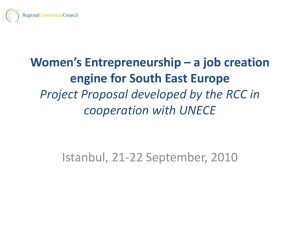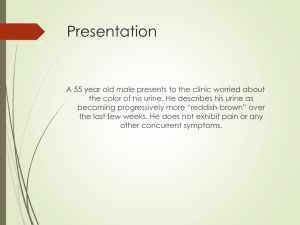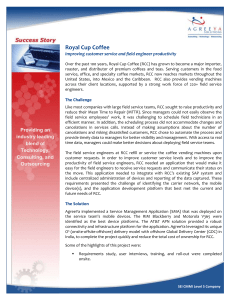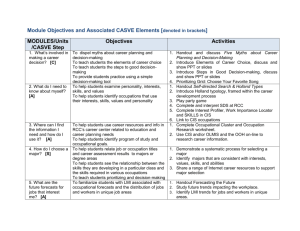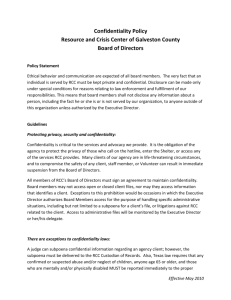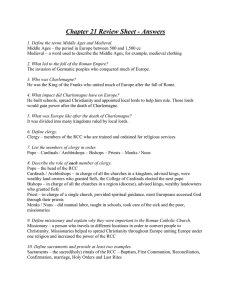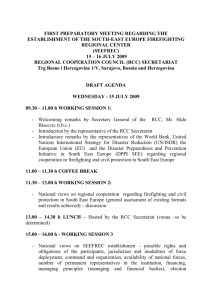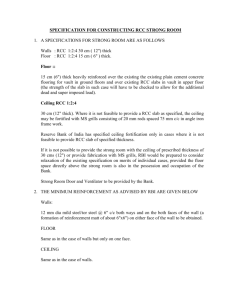Media Release
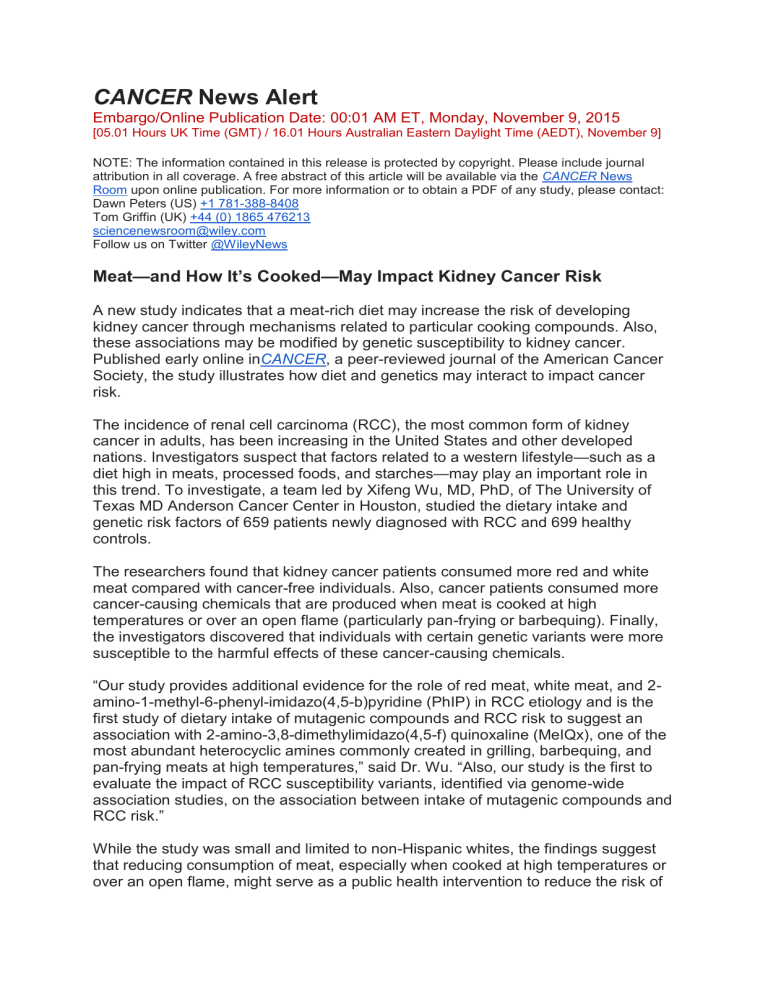
CANCER News Alert
Embargo/Online Publication Date: 00:01 AM ET, Monday, November 9, 2015
[05.01 Hours UK Time (GMT) / 16.01 Hours Australian Eastern Daylight Time (AEDT), November 9]
NOTE: The information contained in this release is protected by copyright. Please include journal attribution in all coverage. A free abstract of this article will be available via the CANCER News
Room upon online publication. For more information or to obtain a PDF of any study, please contact:
Dawn Peters (US) +1 781-388-8408
Tom Griffin (UK) +44 (0) 1865 476213 sciencenewsroom@wiley.com
Follow us on Twitter @WileyNews
Meat —and How It’s Cooked—May Impact Kidney Cancer Risk
A new study indicates that a meat-rich diet may increase the risk of developing kidney cancer through mechanisms related to particular cooking compounds. Also, these associations may be modified by genetic susceptibility to kidney cancer.
Published early online in CANCER , a peer-reviewed journal of the American Cancer
Society, the study illustrates how diet and genetics may interact to impact cancer risk.
The incidence of renal cell carcinoma (RCC), the most common form of kidney cancer in adults, has been increasing in the United States and other developed nations. Investigators suspect that factors related to a western lifestyle —such as a diet high in meats, processed foods, and starches —may play an important role in this trend. To investigate, a team led by Xifeng Wu, MD, PhD, of The University of
Texas MD Anderson Cancer Center in Houston, studied the dietary intake and genetic risk factors of 659 patients newly diagnosed with RCC and 699 healthy controls.
The researchers found that kidney cancer patients consumed more red and white meat compared with cancer-free individuals. Also, cancer patients consumed more cancer-causing chemicals that are produced when meat is cooked at high temperatures or over an open flame (particularly pan-frying or barbequing). Finally, the investigators discovered that individuals with certain genetic variants were more susceptible to the harmful effects of these cancer-causing chemicals.
“Our study provides additional evidence for the role of red meat, white meat, and 2amino-1-methyl-6-phenyl-imidazo(4,5-b)pyridine (PhIP) in RCC etiology and is the first study of dietary intake of mutagenic compounds and RCC risk to suggest an association with 2-amino-3,8-dimethylimidazo(4,5-f) quinoxaline (MeIQx), one of the most abundant heterocyclic amines commonly created in grilling, barbequing, and panfrying meats at high temperatures,” said Dr. Wu. “Also, our study is the first to evaluate the impact of RCC susceptibility variants, identified via genome-wide association studies, on the association between intake of mutagenic compounds and
RCC risk.”
While the study was small and limited to non-Hispanic whites, the findings suggest that reducing consumption of meat, especially when cooked at high temperatures or over an open flame, might serve as a public health intervention to reduce the risk of
developing RCC. In addition, genetic testing might help to identify individuals at especially high risk.
Article: “Gene-environment interaction of genome-wide association study-identified susceptibility loci and meatcooking mutagens in renal cell carcinoma etiology.” Stephanie C. Melkonian, Carrie R.
Daniel, Yuanqing Ye, Nizar M. Tannir, Jose A. Karam, Surena F. Matin, Christopher G. Wood, and
Xifeng Wu. CANCER; Published Online: November 9, 2015 (DOI: 10.1002/cncr.29543).
URL Upon Publication: www.doi.wiley.com/10.1002/cncr.29543
Author Contact: Clayton Boldt (CRBoldt@mdanderson.org) of the External Communication office at
UT MD Anderson Cancer Center; or 713-792-0655 , (externalcomm@mdanderson.org
.
CANCER is a peer-reviewed publication of the American Cancer Society integrating scientific information from worldwide sources for all oncologic specialties. The objective of CANCER is to provide an interdisciplinary forum for the exchange of information among oncologic disciplines concerned with the etiology and course of human cancer. CANCER is published by Wiley and can be accessed online at http://wileyonlinelibrary.com/journal/cancer .

